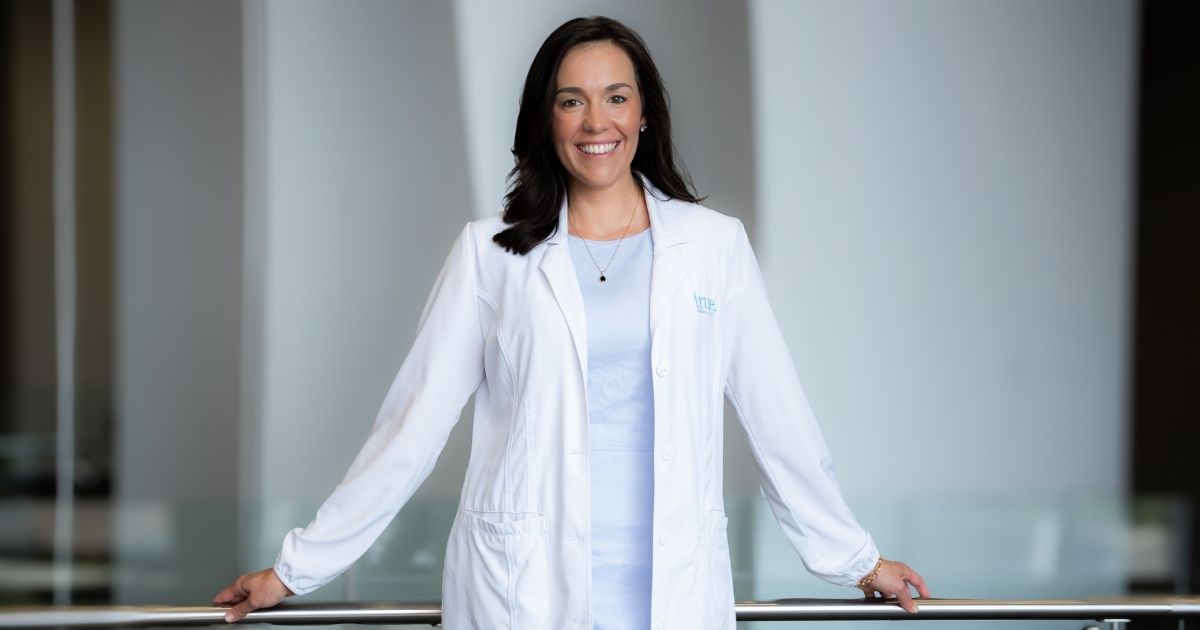While Dry January and Sober October have gone fairly mainstream, mocktails are becoming all the rage and nonalcoholic bars are cropping up, alcohol abuse remains a mostly forbidden subject of conversation. Likewise, there's plenty of talk on the news about the opioid epidemic, fentanyl infiltration in the illegal drug supply and prescription medication misuse; yet, these issues often feel largely faceless and nameless. They exist in someone else's life or in some other state's backyard.
But, what happens when addiction hits close to home? When a family member or loved one is living with addiction, it may be difficult to find support when society would rather it remain hush-hush. The reality is, the more we talk about it openly, the greater opportunity there is to get everyone involved the help they need.
Beyond the Oxford Dictionary definition, according to Healthline, "An addiction is a chronic dysfunction of the brain system that involves reward, motivation, and memory. It's about the way your body craves a substance or behavior, especially if it causes a compulsive or obsessive pursuit of 'reward' and lack of concern over consequences." (Though sex and gambling addictions fall under this definition, for this writing, we'll be focusing on substance addiction.)
Sometimes addiction is evident in behavior or outcomes, such as frequent blackouts or a life-threatening overdose. But it doesn't have to be that severe. You may have heard the term "functioning addict." Even if it appears that an individual is holding it together, they're still doing damage—to their health, their relationships, and the stability of their life. Whether overt or in the shadows, if your loved one is suffering from addiction, there are ways to offer constructive support.
We spoke with Addiction Medicine Director at Corewell Health, Dr. Colleen Lane, a Grand Rapids native who recently returned to the area to work in our community. Driven by a desire to bring more compassion to the treatment of addiction, equip more physicians with the tools and language to address addiction and make it easier for addicts to access care, Lane has been striving to change the approach to this complex, chronic disease.
GET HELP, FOR THEM AND FOR YOU
Probably one of the most significant changes that Dr. Lane's practice in Grand Rapids has implemented in the past year is offering same-day, walk-in hours Monday through Friday, 8 a.m. – 4 p.m. This means that on a day that an addict is motivated to seek help—and has a ride, the time and a support person to come with them, if desired—they can be seen.
"We have to make treatment easier to get than heroin," Dr. Lane said. "And it's pretty easy to get heroin."
Knowing what resources exist and where they are is a big first step.
For the loved one, Dr. Lane highly recommends joining a mutual support program such as Al-Anon or Nar-Anon, associations for people and families who've been affected by another person's substance addiction.
"Get yourself support," Dr. Lane said. "As a friend or family member, you may feel like you have to take on the responsibility for your loved one's recovery, and if they're not doing as well or not making progress in the cadence that you hope, that can sometimes feel like a failure on you. That's where these peer groups can help."
KNOW THE RIGHT AND WRONG WAYS TO BE INVOLVED—AND LOVE WITHOUT ENABLING
"It's almost impossible for one person to be able to force another into treatment," Dr. Lane said. She recommends that, rather than setting demands or ultimatums or punishments, get educated and be ready to provide information if and when your loved one is open to the conversation. Offer to join them, or not, depending on their comfort level. Be a second set of ears at a treatment appointment or the person who helps get them to that appointment—but on their terms. And, all the while, maintain your own boundaries, which, again, is where a peer group can offer great support.
HAVE REALISTIC EXPECTATIONS, BUT ALSO KNOW THERE'S HOPE
The medical treatments at Dr. Lane's clinic can work pretty quickly, but it's the nature of addiction for flares to occur. Pairing medicine with behavioral therapy and other programs, including SMART Recovery and the 12 Steps, creates a foundation that's the key to long-term recovery.
"If we can engage someone in care and keep them in care, we have the opportunity to save their life," said Dr. Lane. "That's powerful."
If you or your loved one is in substance abuse crisis, SAMHSA has a free helpline that's confidential and available in English and Spanish 24/7, 365. Call 1.800.662.HELP (4357).
Allison Kay Bannister has been a West Michigan resident since 1987 and a professional writer since 2002. A GVSU alumna, she launched her own freelance writing business in 2017. Allison is a cookie connoisseur, word nerd, aspiring gardener, and metastatic breast cancer thriver who loves traveling in Michigan and beyond, and enjoys art, world cuisine, wine, music, and making homemade preserves.
This article originally appeared in the Apr/May '23 issue of West Michigan Woman.




